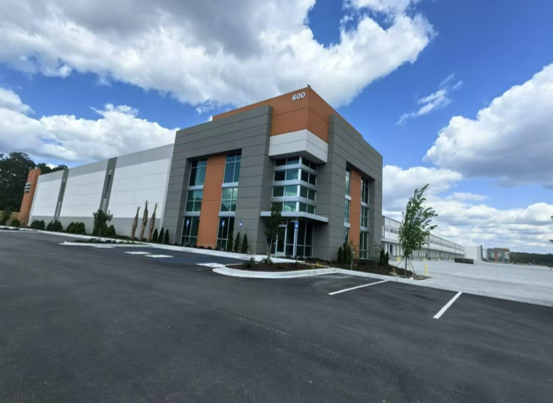
The importance of specialized heavy haulage companies: indispensable solutions for the transportation of high-risk goods
In industrial operations, when it comes to transporting oversized, ultra-heavy cargo - such as wind turbine blades, industrial reactors or large construction cranes - standard freight services are completely inadequate. These pieces of equipment often far exceed legal size and weight limits, and ordinary truck and trailer combinations are neither capable of carrying them nor securing them safely. This highlights the key value of Heavy Haul Trucking Companies, which are equipped with specially designed construction trailers (e.g., detachable gooseneck low-bed RGNs, multi-axle configuration low-bed trucks) and can deploy low-bed trucks that are compliant with the legal size and weight limits. They are equipped with specially designed construction trailers (e.g., detachable gooseneck RGNs, multi-axle configured low-bed trucks) and can deploy regulatory-compliant escort vehicles to accomplish those "impossible tasks.
What's more, choosing a specialist heavy haulage company is a strategic decision that protects huge assets from catastrophic risk. Assets such as industrial machinery can be worth millions of dollars, and if they are damaged in transit, the damage can easily exceed $500,000 and can delay a project for months, resulting in tens of thousands of dollars in downtime costs per day. Specialized heavy transport operators have the experience and know-how to be certified in this field, using aircraft-grade tie-down systems, load simulators, and hydraulic balancing technology to ensure that cargo stays in place while in transit, preventing shifting or damage to the maximum extent possible. Additionally, these companies typically carry high levels of cargo insurance ($5 million or more), providing a critical risk buffer for their clients.
Heavy transportation assignments face an extremely complex regulatory environment. Moving a 150,000-pound piece of heavy equipment often requires crossing state lines and coordinating permit approvals from more than five agencies (federal Department of Transportation DOT, state departments of transportation, municipalities). The average freight company struggles to deal with upwards of 600 special permit rules across North America. A single permitting error or regulatory oversight can result in on-site fines in excess of $20,000 per hour and mandatory project interruptions. Heavy haulers understand this, and the core of their business is to handle the entire permitting maze efficiently and accurately, ensuring compliance and smooth transportation throughout.
Complex logistics require engineering-level precision planning. Using 3D laser scanning and on-the-ground route survey technology, heavy haulers remove obstacles (e.g., bridge height restrictions, power lines, tight curves) in advance and may plan for nighttime transportation, coordinating temporary utility shutdowns and traffic control plans to minimize impacts to the public. This engineering-level precision planning not only ensures project safety and efficiency, but also protects public infrastructure - improper load distribution accelerates roadway damage, and professional heavy haulers effectively protect the roadway system that taxpayers have invested in through sophisticated weight-balancing techniques. Federal data shows that oversized loads operated by certified heavy haulers have a 23 percent lower accident rate than non-professional operations, significantly improving public safety.
At the end of the day, working with a professional Heavy Haul Trucking Company is a core strategy that protects your bottom line. It avoids high hidden costs: huge daily project downtime due to transportation delays, 32% more fuel wasted due to detours, and delays of up to four to six weeks due to permitting errors. With real-time GPS tracking and centralized project management, the heavy hauler eliminated logistical blind spots and optimized processes. The Federal Highway Administration (FHWA) states that 13 percent of freight tonnage in the U.S. requires specially sized transportation solutions. So for manufacturing, energy giants and large construction companies, choosing a professional heavy haul partner is about more than just transporting goods; it's about protecting hundreds of millions, if not billions, of dollars worth of critical capital projects, and it's about purchasing a piece of indispensable “catastrophe insurance” for their supply chain. "It's an indispensable piece of disaster insurance for their supply chain, transforming an otherwise high-risk transportation process into a predictable, audit-compliant and reliable one.
